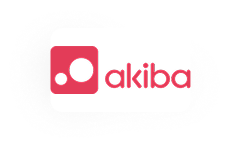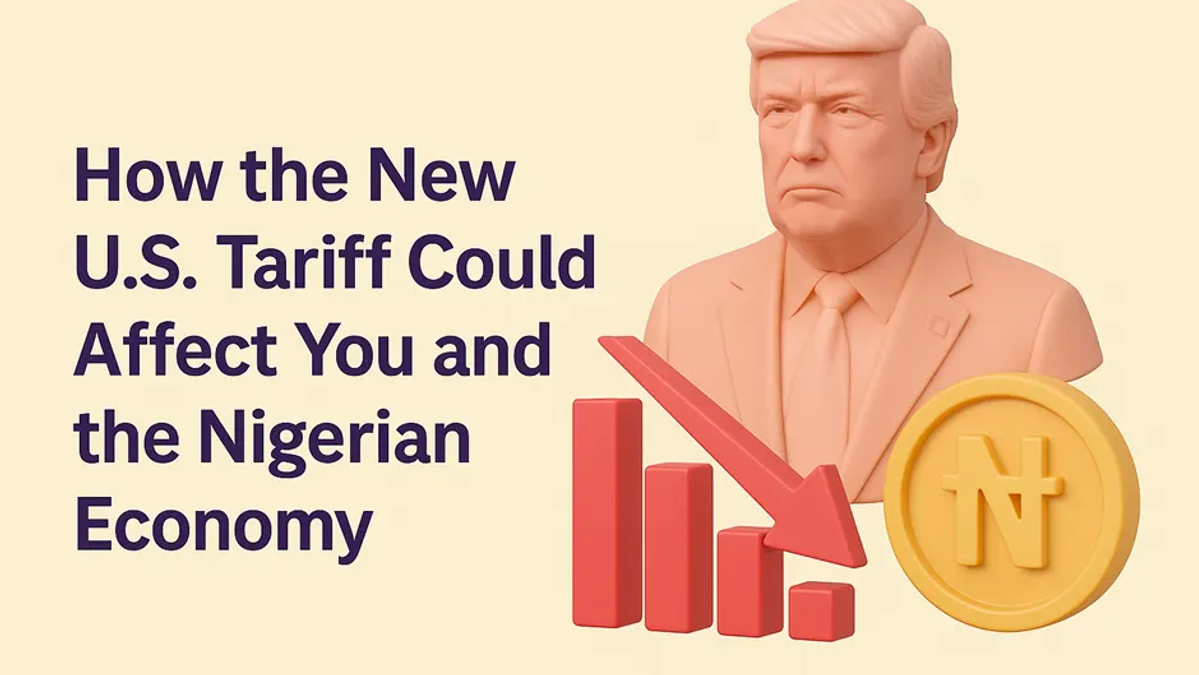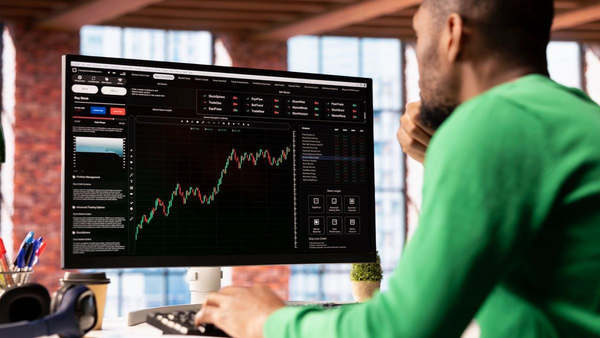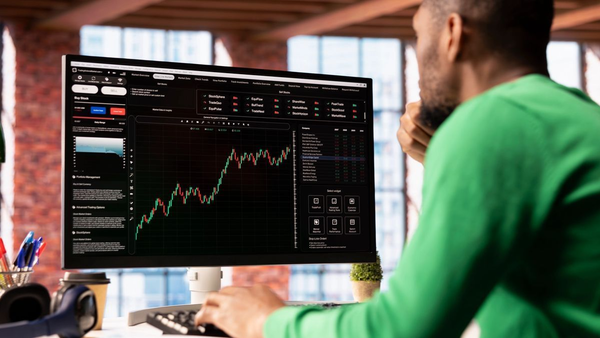You may have heard that the United States placed a 14% tariff on Nigerian exports. In simple terms, this means it’s now more expensive for American businesses to buy things from Nigeria.
A tariff is essentially a tax imposed on goods entering a country. With this new 14% tariff, every $100 worth of Nigerian oil will now cost U.S. refiners $114. For Nigeria, this doesn’t just raise questions about trade, it raises alarm bells about revenue, inflation, and overall economic stability.
While all of that may sound far away from your everyday life, it could actually have some real effects on our economy, and even your pocket.
Let’s break it down!
Why Did the U.S. Do This?
Earlier this month (April 2025), the U.S. decided to tax Nigerian exports by 14%.
The main reason is to address trade imbalances. The U.S. believes that its trade partners — Nigeria included — are making it hard for American products to enter their markets. Nigeria, for example, has had long-standing import restrictions to the U.S.A
So now, as a way to level the playing field, they’ve decided to make Nigerian goods more expensive in their country.
What Does This Mean for Nigeria’s Economy
1. Oil Revenue Might Drop
Nigeria makes most of its money from oil — about 90% of our foreign income comes from selling crude oil. The U.S. is a significant importer of Nigerian oil, and the new tariffs could lead to reduced demand. For instance, a 14% decrease in demand could equate to an annual loss of about $1.12 billion, representing roughly 10% of Nigeria’s 2024 health budget.
2. Farmers and Exporters Could Suffer
Nigeria also sells things like cocoa, agricultural products, and textiles to the U.S. The imposed tariffs may render these products less competitive in the U.S. market, potentially leading to decreased export volumes and adversely affecting the livelihoods of Nigerian farmers and manufacturers. American buyers might even turn to other countries where they can get similar goods cheaper, that means less money for our farmers and small manufacturers.
3. Investors Might Get Cold Feet
Investors might begin to pull back due to the economic instability these kinds of tariffs can trigger, especially in emerging markets like Nigeria. When news like this breaks, foreign investors pay close attention to how it might affect things like foreign exchange volatility, inflation, interest rates, and general macroeconomic stability.
In times of uncertainty, investors often move their money to “safer” markets. That’s exactly what we saw recently in the Nigerian equities market, where several foreign portfolio investors began selling off shares in anticipation of how these tariffs could shake the economy. This kind of capital flight slows down economic growth, reduces liquidity in the market, and makes it harder for startups and businesses to access funding, especially those reliant on foreign direct investment (FDI) or venture capital.
How This Could Affect You
1. Jobs Could Be at Risk
If companies exporting to the U.S. lose business, they might cut jobs. This could hit industries like agriculture and manufacturing the hardest. Industries reliant on exports to the U.S., may experience downturns, potentially leading to job losses and increased unemployment rates.
2. Food Prices Might Go Up
If Nigeria decides to respond by taxing U.S. imports, it could become more expensive to bring in American goods, like wheat. That could mean higher prices for staples like bread and other everyday items, especially if local supply can’t meet demand.
3. The Naira May Weaken
Less money coming into Nigeria from exports means fewer dollars in our economy. A weaker naira increases the cost of imported goods, contributing to inflation and reducing the purchasing power of Nigerian consumers.
What’s the Government Doing About It?
The Nigerian government doesn’t want to jump into a trade war. Instead, they’re planning to talk things out through diplomatic channels. The Trade Minister, Jumoke Oduwole, said they’ll be working with the U.S. and the World Trade Organization to find a solution that works for both sides.
Meanwhile, industry leaders are also exploring strategies to mitigate the impact. For example, Nigerian startups involved in exporting goods are considering diversifying their markets — especially within Africa — and enhancing product competitiveness to offset potential losses in the U.S. market.
So, What Can We Do?
While this situation might take a while to resolve, there are ways forward:
- Support local businesses. Buying Nigerian-made goods helps keep our industries alive.
- Explore other markets. For businesses and exporters, the African Continental Free Trade Area (AfCFTA) opens new trade opportunities with other African countries.
- Stay informed. Knowing how these global decisions affect us helps us prepare better , as individuals and as a country.
Trade issues between countries may seem like “big government” stuff, but they trickle down in real ways — from the prices in the market to job availability. Let’s stay hopeful that diplomacy wins, and in the meantime, keep finding ways to support local and adapt smartly.
Follow this account to stay updated on financial news and updates.
Press enter or click to view image in full size
At Akiba, Our Mission Is Simple — Help You Grow Your Money
We believe everyone deserves access to smart, secure, and flexible financial tools. That’s why we’ve built investment and savings options that work for students, business owners, 9–5ers, side hustlers, and everyone in between.
From savings goals to low-risk investments, Akiba makes growing your money as easy as sending a text, and you don’t need to be a finance expert to start.
Here are 3 ways you can build wealth on Akiba — all with attractive returns and full control in your hands:
High-Yield Naira Savings
Get access to savings plans that offer up to 17% interest per year. Whether you’re saving for rent, school fees, or just putting something aside every month, your money grows here. We have 3 savings plans:
🎯 Target Savings
Set up a savings plan for anything — travel, gadgets, rent, tuition, you name it. Choose how long you want to save (3, 6, 9, or 12 months), lock your plan, and watch your savings grow.
🚨 Standard Savings, your emergency wallet
Life happens — and sometimes, you need to access your funds fast. That’s why we built Standard Savings that you can withdraw from anytime, with no penalty. Save with peace of mind.
🔐Vault Savings
Want to save but you need discipline? We built this to help you lock your funds over a period of time and earn interests on it.
🧠 Akiba Tribe
We’re big on financial literacy. Through Akiba Tribe, you get access to easy-to-understand guides and resources to help you make smarter money moves while earning rewards for learning.
It doesn’t matter if you’re saving N1,000 a week or investing N1 million a month, Akiba gives you the tools to build wealth your way. Whether you’re a student, a tech bro, a business owner, or just starting your money journey, there’s something here for you.
You’re not just saving, you’re building. You’re not just investing; you’re securing your future. So, whatever your goals are… invest for them on Akiba.



